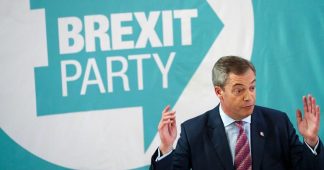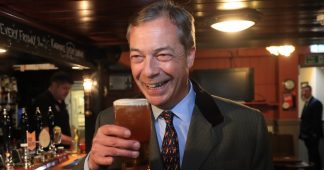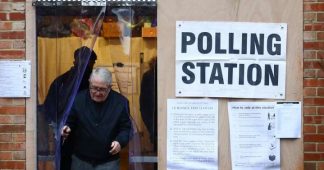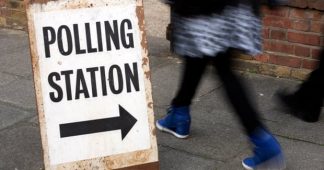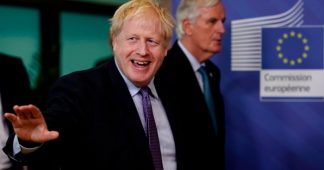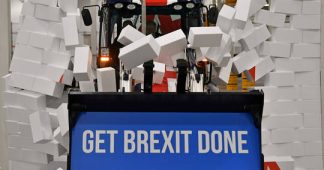Boris Johnson’s big win
The Conservatives triumph. Yet Boris Johnson faces tough challenges over Brexit—and much else
Dec 13th 2019
GRIMSBY SUMMED UP a fantastic night for the Conservatives and a terrible one for Labour and the Liberal Democrats. Although Great Grimsby had been a Labour seat for 74 years, supporters of all parties were conceding in the pubs by mid-afternoon that the Tories had won there. Even before hearing at 3.39am that she had lost, Melanie Onn, the Labour incumbent, was saying she wanted a break from politics—or at least the weekend off.
By then the story of the night was clear. Boris Johnson had pressed for an early election to end the purported deadlock in Parliament and “get Brexit done”. And voters across the country agreed with him. After three-and-a-half years of squabbling ever since their referendum vote to leave the European Union in June 2016, they chose to back Mr Johnson. By early on December 13th it looked as if his Tory majority would be around 80 seats. His strategy of relying on a simple slogan, proposing a cautious and eminently forgettable manifesto and, as far as possible, avoiding potentially awkward press or television interviews seemed entirely vindicated.
His slogan also proved tactically astute, not least because it enabled him to unite Leave voters behind the Tories. The most important moment in the campaign may have been the decision by Nigel Farage, leader of the Brexit Party, not to run candidates in Tory-held seats. This signalled to hardline Brexit supporters that they could vote for the Tories instead. During the campaign the climb in the Conservatives’ poll share precisely mirrored the collapse in that of the Brexit Party. The Conservatives won some Labour-held seats where the Brexit Party put up candidates. Mr Farage’s party took Labour votes from people who could not bring themselves to back the Tories.
